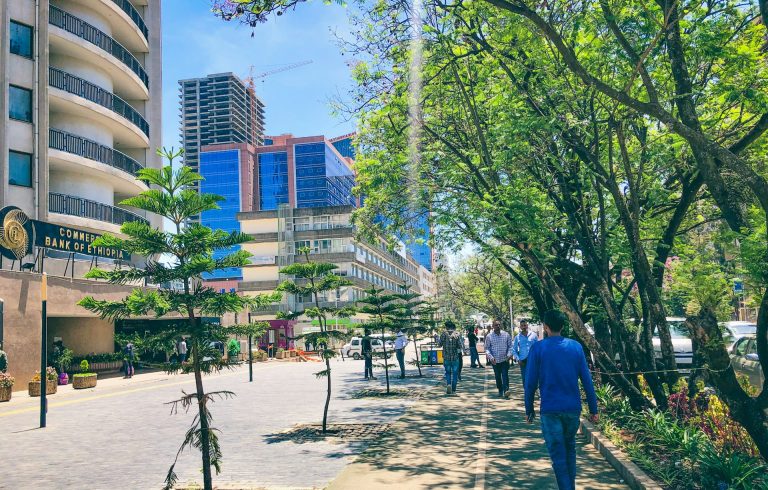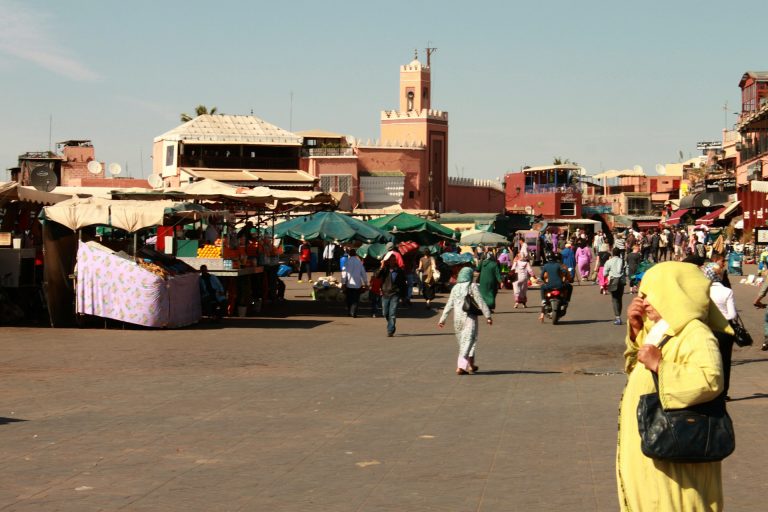When Representatives Sheila Cherfilus McCormick and Jonathan Jackson last week introduced the African Diaspora Investment and Development Act (AIDA), they offered more than legislative novelty – a potential game changer for how capital flows between the United States and African nations.
Through AIDA, millions in the African and Caribbean diaspora – who currently remit over $90 billion annually, according to the World Bank, to Africa alone – could access lower transaction costs, tax incentives, and U.S. financing support to scale diaspora-led enterprises, infrastructure projects, research and innovation.
“The African and Caribbean diasporas are economic engines that deserve recognition and support… AIDA is about unlocking diaspora investment potential. By empowering these communities, we can reduce reliance on foreign aid and embrace a model based on investment, dignity, and shared prosperity,” Cherfilus McCormick said.
Why it matters to global investors
For emerging market investors in London, Dubai, New York or beyond, AIDA signals a shift in development finance – diaroma capital is gaining legitimacy. As Prof. Landry Signé observed in Brookings’ Realising Africa’s Potential, diaspora communities are far more than remittance conduits – they can foster trade, technology transfer and innovation, and thus become engines for sustainable GDP growth.
The Act promotes fintech and diaspora-owned platforms, appeals to private financiers seeking frontier returns, and creates an incentive structure attractive to impact investors.
“Remittances … have surpassed both foreign assistance and direct investment in many countries in Africa and the Caribbean … AIDA strengthens the Diaspora contributions in GDP growth through investments and family support—food, housing, education, health care, etc,” Rep. Jackson noted.
This deepens the interface with financial hubs monitoring African flows and listening for signals of where capital – not just aid – is growing.
What AIDA offers the diaspora
The bill aims to:
Drive down the cost of sending money by fostering transparency and competition among remittance providers.
Introduce tax incentives to mobilise diaspora capital for high impact use.
Encourage inclusion of fintech platforms, many diaspora-owned, into official disbursement mechanisms.
Channel diaspora investment into development projects supported by U.S. development bodies such as the U.S. International Development Finance Corporation (DFC).
Susan Edionwe of the Nigerian Physicians Advocacy Group highlights the bill’s humanitarian value: “Reducing remittance costs… ensures every dollar sent goes further, directly benefiting health, education, small businesses, and local infrastructure.”
Similarly, Eric V. Guichard, CEO of Homestrings Inc., describes AIDA as: “A paradigm shift in development finance whose time has come.”
AIDA arrives at a critical geopolitical juncture. With traditional U.S. foreign assistance to Africa being scaled back or sharply restructured, African and Caribbean countries are increasingly reliant on diaspora inflows to sustain basic services and social infrastructure.
According to various analysts, AIDA offers a policy prism through which to evaluate diaspora flows as formal capital – sourced not in euros or sovereign bonds but in diaspora innovation.
For diaspora professionals in Europe, Canada, Asia or the U.S., AIDA could unlock new ways to engage with the continent beyond remitting. It legitimises diaspora leadership in development – project by project, entrepreneur by entrepreneur.
This signals to Nigerian American venture capitalists, Ghanaian health start ups in Boston, and Caribbean small business networks in Toronto: your capital finally meets institutional structure.
AIDA subtends a broader question: can diaspora-owned capital be institutionalised, measured, and nurtured as mainstream development finance? For global investors with a front-row view of African markets, this marks an inflexion point—from informal dollar wires to strategic capital deployment.
If enacted, AIDA will not simply reduce bank fees—it could reshape how Africans abroad engage in continent-wide growth. For diaspora communities, it offers dignity and scale; for frontier market stakeholders, it opens up a new asset class.










